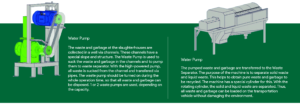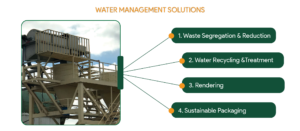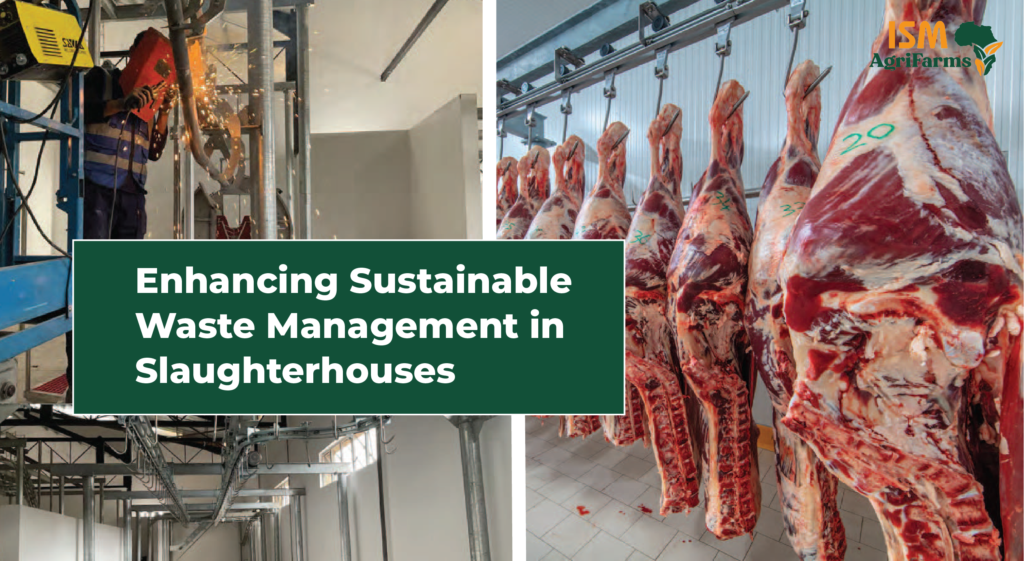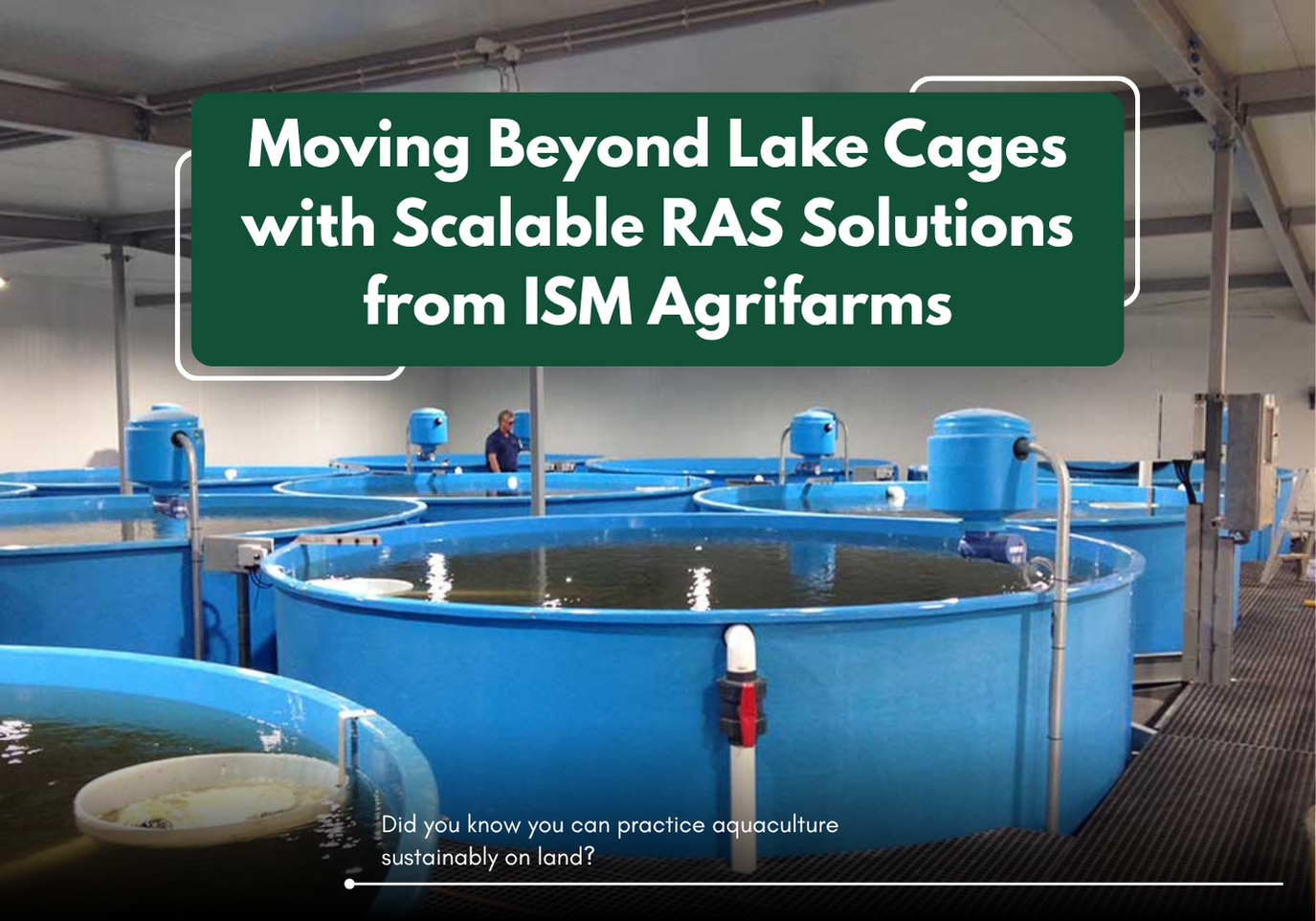Table of Contents
ToggleIntroduction
Effective waste management is essential for minimizing the environmental footprint of slaughterhouses and ensuring sustainable operations. At ISM Agrifarms, we are committed to providing innovative waste management solutions that enhance sustainability and address the environmental impacts associated with slaughterhouses.
By implementing comprehensive strategies that address waste segregation, water recycling, and rendering, we help slaughterhouses minimize their environmental impact and operate more sustainably.

Slaughterhouse Waste
Slaughterhouses generate substantial waste, including organic matter, wastewater, and by-products. Improper handling and disposal of this waste can lead to severe environmental consequences, such as water pollution, soil contamination, and greenhouse gas emissions. Addressing these issues requires a comprehensive waste management strategy that prioritizes sustainability and environmental protection.
Waste Management Solutions
At ISM Agrifarms, we implement advanced waste management solutions designed to minimize the environmental impact of slaughterhouse operations. Our approach focuses on several key areas:

- Waste Segregation and Reduction: Proper segregation of waste at the source is the first step towards effective waste management. By categorizing waste into different streams—such as organic, recyclable, and hazardous materials—we can apply specific treatment methods to each type. Additionally, optimizing processes to reduce waste generation is crucial. This includes utilizing the entire animal to produce various by-products, thus minimizing the amount of waste produced.
- Water Recycling and Treatment: Slaughterhouses consume large volumes of water, generating wastewater that must be treated before being released into the environment. Our advanced water treatment systems remove contaminants from wastewater, allowing it to be recycled and reused within the facility. This not only reduces water consumption but also prevents water pollution.
- Rendering: Rendering is a process that converts animal by-products into usable materials, such as tallow, grease, and meat and bone meal. These materials can be used in various industries, including animal feed, cosmetics, and biofuels. By incorporating rendering into our waste management strategy, we ensure that no part of the animal goes to waste.
- Sustainable Packaging: Reducing the environmental impact of packaging is another critical component of our waste management strategy. We encourage the use of sustainable packaging materials that are recyclable or biodegradable, thus reducing the amount of waste that ends up in landfills.

Implementing innovative waste management solutions in slaughterhouses offers numerous benefits, including environmental protection through reduced pollution and conservation of natural resources, which promotes sustainability. These solutions also lead to significant cost savings by recycling and reusing waste materials, thereby reducing disposal costs and generating additional revenue streams.
Strict adherence to waste management regulations ensures compliance with environmental laws, avoiding potential fines and legal issues. Finally, demonstrating a commitment to sustainability enhances a company’s reputation, attracting eco-conscious consumers and strengthening relationships with stakeholders.
Contact us at 0706606072 or email ruth@ismagrifarms.com today to learn more about how our slaughterhouse solutions can empower you to build a safer, more efficient, and export-ready meat processing operation.




